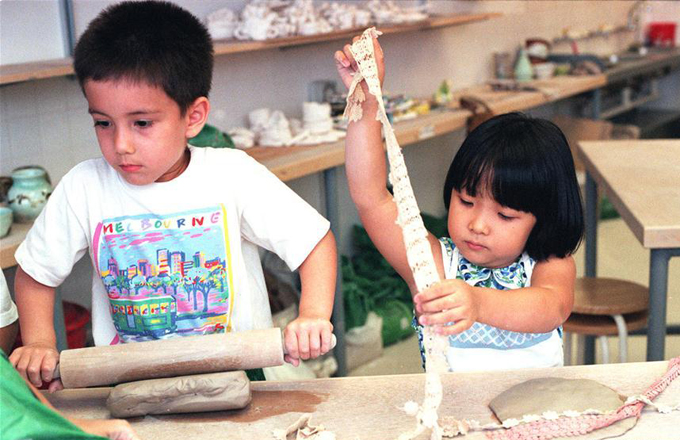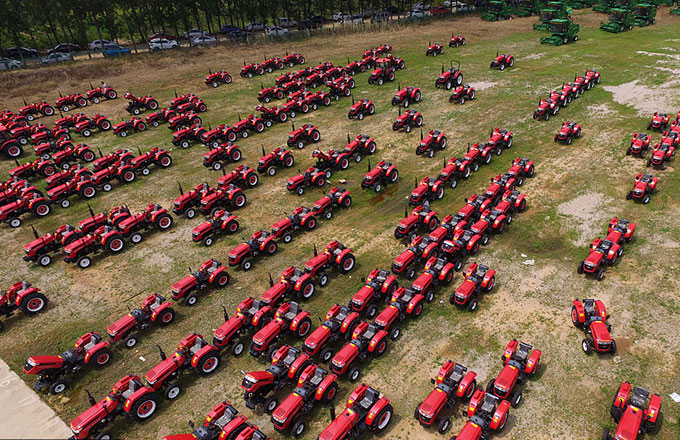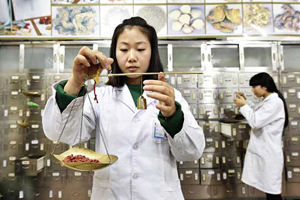Nie Er and his musician generations
Nie Er did more than compose China's national anthem, he has inspired two successive generations in his family to become musicians.
Nie Lihua, 75, is the niece of Nie Er, who composed China's national anthem. Like her uncle, she is a musician and was a composer at Yunnan Ethnic Filming Company until her retirement.
Nie never met her uncle, who died before she was born. But she always felt her uncle was with her, she said. She would look through Nie Er's photos and diaries while listening to his songs, and she would listen to her grandmother and father talk about him.
Now, Nie's son, Qing Shan, is a music producer, bringing a third generation of musicians to the family. He graduated from Minzu University with a degree in arts and has always been touched by his great-uncle's music.
"The enthusiasm Nie Er engaged in while creating music is completely from his inspiration gained from common people," Qing said. "That is why his work can touch the heart of every Chinese person."
Nie Er himself got his musical inspiration from his mother, Peng Jikuan, who used to sing folk songs and told her children – Nie Er's brothers and sisters – stories and legends set to the music. Nie Lihua describes her grandmother, though never a professional artist, as a "country musician."
From Nie Er's music and diaries, Nie joined Party organizations and participated in many movements. She joined the army and became a Communist Party member in 1949 at the age of 13. There, she made herself a violin and began her music career, graduating from Sichuan Institute of Music in 1959.
Qing said he is planning a "big event" next year to celebrate Nie Er's 100th birthday.
The famous Chinese composer, Nie Er, was born on February 14th, 1912 in Kunming, Yunnan Province. He is often referred to as "the people's musician."
During 1932 to 1935 Nie created a series of works, including more than 20 theme songs, episodes for eight movies, three dramas, and one opera. Nie created 41 scores in total, and a significant proportion of these songs reflected working class life and struggles.
The peak of Nie's work was his March of the Volunteers, which finally became the national anthem of People's Republic of China. The ballad was originally the theme song of the film, "Sons and Daughters in a Time of Storm", which tells the story of people at the front fighting Japanese invaders in northeast China in the 1930s.



















